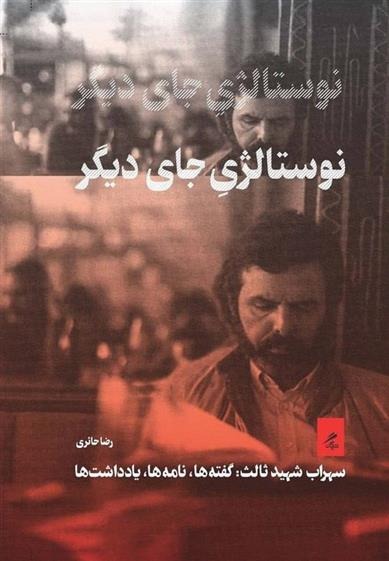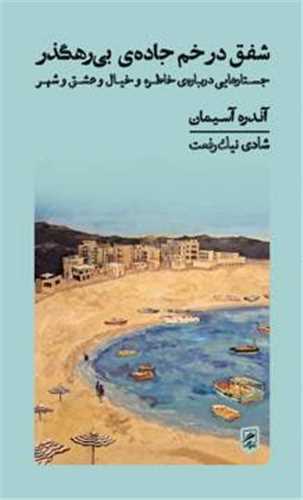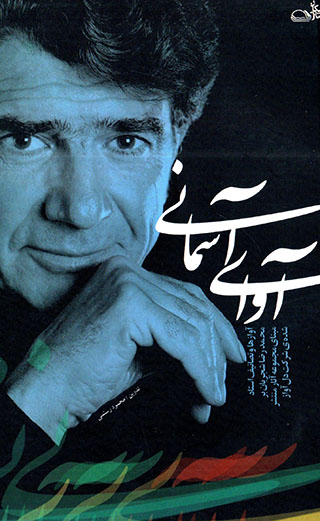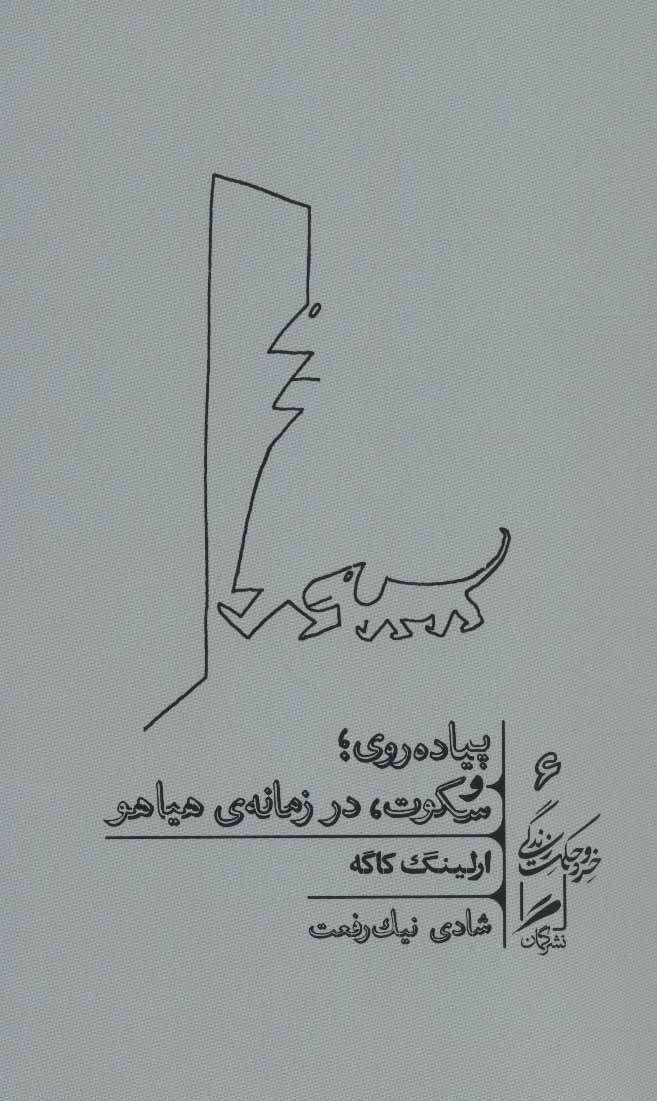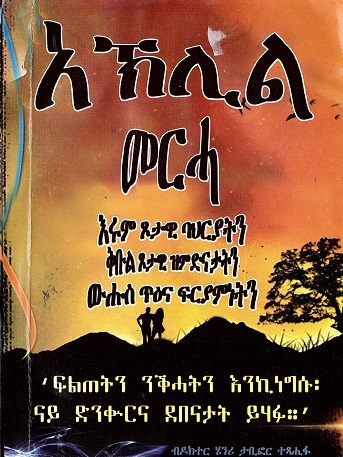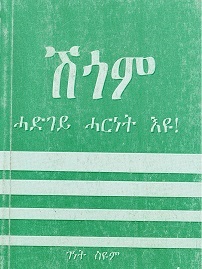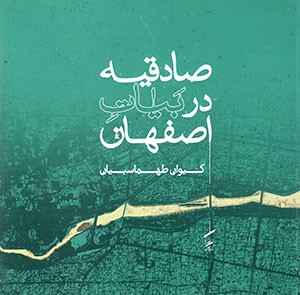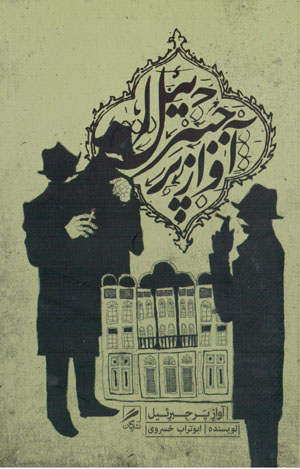Nustālzhī-yi Jā-yi Dīgar: Suhrāb Shahīd Sālis: Guftah'hā, Nāmah'hā, Yāddāsht'hā: Persiska (Farsi) 1403
نوستالژی جای دیگر: سهراب شهید ثالث: گفته ها، نامه ها، یادداشت ها
24,94 $
Dela
Wishlist
Sohrab Shahid-Sales is remembered more for his absence from Iranian cinema than for his presence. It is true that, despite his absence after only two films, we see the style and shade of his Egyptian presence in Iranian cinema more than anywhere else. Still, he did not consider himself a filmmaker belonging to a particular place and defined his cinema language beyond geographical boundaries. Therefore, at the beginning of the global success of his two Iranian films and the height of his creativity and youthful energy, he decided to emigrate.
In the midst of one of the world's most dynamic cinematic trends, namely "New German Cinema", Shahid Thalath set foot in West Germany and became one of the few filmmakers who were able to make films in their style outside of their native language and in a foreign society and culture. But his incompatibility with German society was no less than with Iran. From his writings, it appears that he did not want to be considered an immigrant or Iranian filmmaker anywhere in Germany, but he wanted to be known as a stylish director and filmmaker who works in German cinema. When he gradually realized that he had to give up this desire, he called himself a "guest worker" of German cinema and finally emigrated from Germany.
Nostalgia Elsewhere is a collection of statements, notes, and letters of the third martyr, along with articles from German-language publications and articles from colleagues, as well as the author's conversations with his friends and relatives from the time he lived in Germany until he died in America. But it might not be bad to consider this book as a written "documentary", a film in which the creator wanted to find everything in the search of a radical and uncompromising artist with a very complex personality, in this way, to some extent independently and impartially. And provide it to the audience without interference or manipulation. Perhaps in this way, the protesting, sometimes contradictory, inconsistent, and at the same time full of compassion and philanthropy image of Martyr Thalath will be more faithfully conveyed to the audience and fans of his works.
more
سهراب شهیدثالث را بیشتر با غیابش از سینمای ایران به جا میآوریم تا با حضورش. درست است که، علیرغم غیابش پس از فقط دو فیلم، سبک و سایهی حضور مصرّ او را بیشتر از هر کجای دیگر در سینمای ایران میبینیم، ولی او خودش را فیلمسازی متعلق به جایی خاصی نمیدانست و زبان سینمایش را ورای مرزهای جغرافیایی تعریف میکرد. برای همین در آغاز موفقیت جهانی دو فیلم ایرانیاش و در اوج خلاقیت و نیروی جوانی تن به مهاجرت داد.
شهیدثالث در بحبوحهی یکی از پویاترین جریانهای سینمایی جهان، یعنی «سینمای نوین آلمان»، پا به آلمان غربی گذاشت و از معدود فیلمسازانی شد که توانستند در خارج از محدودهی زبان مادری، و در جامعه و فرهنگی بیگانه، به ساخت فیلمهایی به سبک خود بپردازند. اما ناسازگاری او با جامعهی آلمان کمتر از ایران نبود. از نوشتههایش چنین برمیآید که مایل نبوده او را فیلمساز مهاجر یا ایرانی یا هرکجایی ساکن آلمان بپندارند، بلکه میخواسته او را کارگردانی صاحبسبک و فیلمسازی بشناسند که در سینمای آلمان کار میکند. وقتی بهتدریج فهمید که باید از این خواسته دست بشوید خود را «کارگر مهمان» سینمای آلمان نامید و آخر کار از آلمان نیز مهاجرت کرد.
نوستالژی جای دیگر مجموعهای است از گفتهها، یادداشتها، و نامههای شهیدثالث، به همراه مقالاتی از نشریات آلمانیزبان و مطالبی از همکاران و همچنین گفتوگوهای نگارنده با دوستان و نزدیکان او از زمانی که در آلمان اقامت گزید تا آن وقت که در آمریکا درگذشت. اما شاید بد نباشد که این کتاب را «فیلم مستند»ی مکتوب در نظر بگیرید، فیلمی که سازندهی آن میخواسته تا هرچه را در مسیر جستوجو از هنرمندی رادیکال و سازشناپذیر و با شخصیتی بسیار پیچیده یافته، بدین شیوه تا حدی مستقل از هم و بیطرفانه و بدون دخالت و دستکاری در اختیار مخاطب بگذارد. شاید بدینگونه تصویر معترض، گاه متناقض، ناسازگار و در عین حال پر از شفقت و انساندوستی شهیدثالث وفادارانهتر به مخاطب و علاقهمندان آثارش منتقل شود.
more

